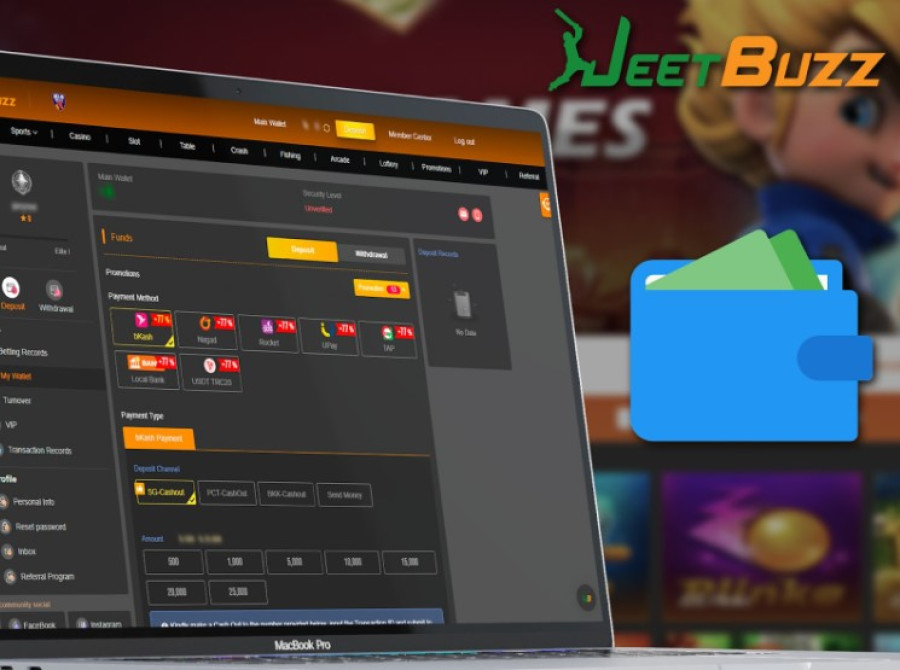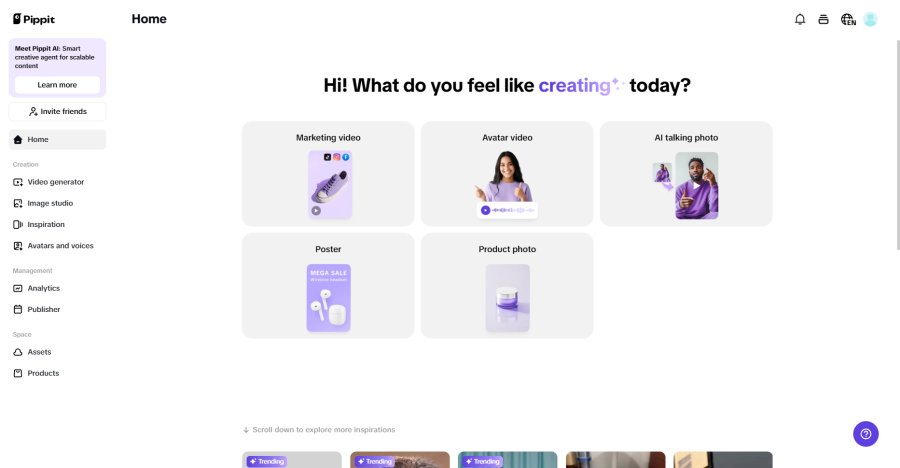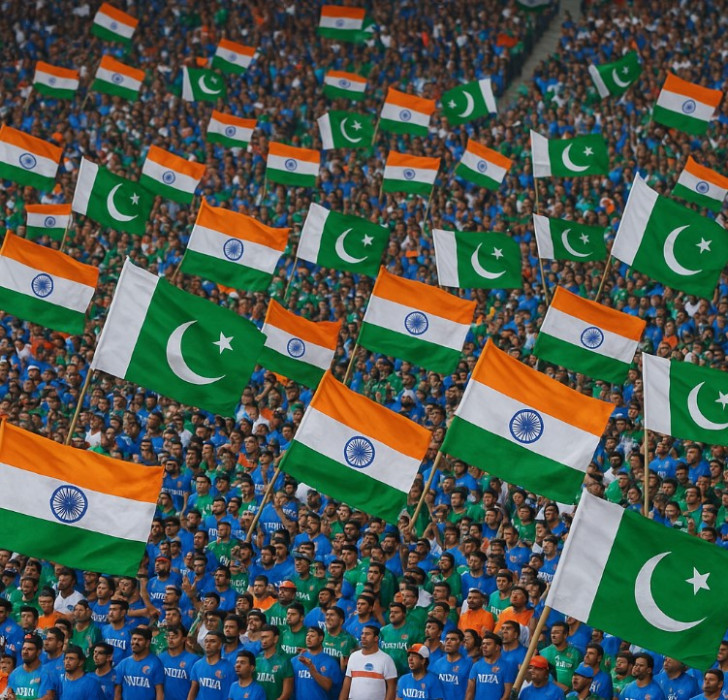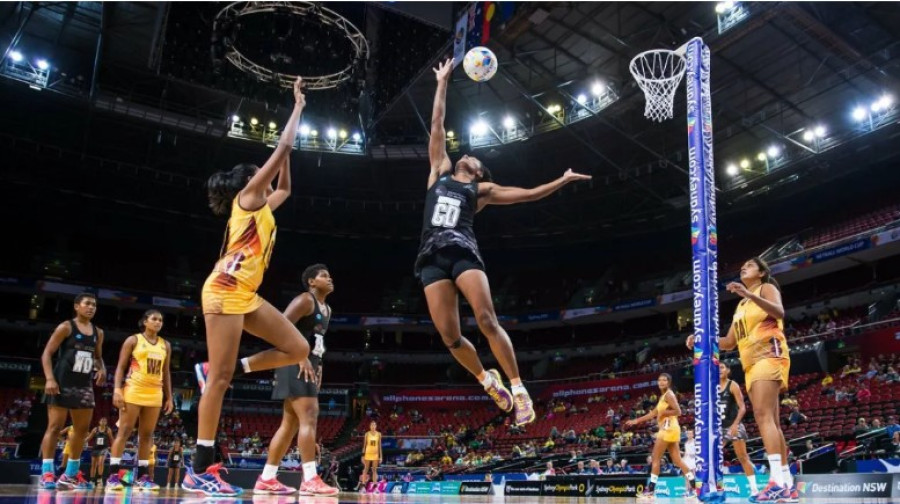It’s 2025, and online gaming isn’t what it used to be. No more are we talking about pixelated shooters or clunky browser games. Instead, players are entering complex virtual worlds, competing in high-stakes tournaments, or casually swiping through puzzle games on their phones while waiting in line for coffee. The scene is dynamic, social, and more mobile than ever.
Mobile Is Winning — and It’s Not Even Close
Let’s not dance around it — smartphones have become the central hub for most gaming activity. Whether someone’s playing while commuting or betting live during a match, convenience is king. That’s why tools like melbet apk have seen a surge in popularity. By letting users quickly access casino features, live odds, and game results from their phones, it’s clear why more players lean into mobile-native apps than traditional desktop platforms. It’s about speed, comfort, and being able to play anywhere, anytime.
What Makes Players Stick Around?
Ask any developer or indie studio: getting downloads is one thing, keeping players hooked is another. In a landscape this competitive, only certain features truly resonate. Based on recent trends, here’s what users look for most often:
No-Frills Onboarding – Nobody wants to sit through 20 minutes of tutorials.
Rewarding Time Investment – Bonuses, daily check-ins, or long-term XP systems help retain attention.
Social Mechanics – Chat, friends lists, and co-op gameplay turn games into communities.
Quick-Load and Offline Options – Waiting or needing internet? Instant uninstall.
Ongoing Development – Games that update with fresh modes or skins feel alive and worth revisiting.
Which Game Types Are Leading the Charge?
There’s no single formula, but some categories clearly outperform the rest right now:
Live Casino Games – The blend of real-time interaction and real money brings adrenaline like few others.
Multiplayer Strategy Games – Chess 2.0? Think real-time kingdoms, base raids, and map control.
Hyper-Casual Mobile Titles – With tap-to-play mechanics, these games dominate TikTok and app stores.
Fantasy Role-Play Games (RPGs) – Narratives, upgrades, and epic worlds — they still hook deep thinkers.
Skill-Based Shooters – Precision and teamwork matter again in arena-style FPS games.
Gamers Aren’t Just Playing — They’re Watching Too
The impact of Twitch and TikTok can’t be overstated. A funny clip or rage moment can make a game go viral overnight. For younger players especially, streaming is just as important as gameplay. Developers now design with this in mind: they want their games to look good on a phone screen held vertically or during a 30-second reaction video.
Customization Is No Longer Optional
It’s not just about gameplay anymore — it’s about how you play and who you appear to be. Players want control over their avatars, their profiles, their settings. Whether it’s skins, music tracks, or map editors, giving people freedom is no longer a bonus — it’s expected.
And yes, even online casinos are catching on. They now offer themed environments, user preferences for visual layouts, and flexible limits to create a sense of control and personal experience. It’s subtle, but it matters.
What Turns Gamers Off?
Despite a booming industry, some games fail to get traction. Why? Usually for predictable reasons:
Overpriced microtransactions
Server lag and glitches
Clunky UI/UX
A pay-to-win model
Lack of updates after launch
If a title feels like a cash grab or ignores feedback, word spreads — and uninstall rates spike.
Sо What’s Next?
Expect even more crossover between gaming and social interaction. Think AI-driven opponents that learn from you. Or games that blend real-world walking data with in-game achievements. Also, don’t be surprised if more titles start rewarding time played with crypto or digital assets — ownership is becoming part of the conversation.
Final Words
The most beloved games of 2025 don’t just entertain. They respond. They adapt. They give players freedom, identity, and a reason to come back. The next big hit won’t be the one with the loudest marketing — it’ll be the one that gets its players.









